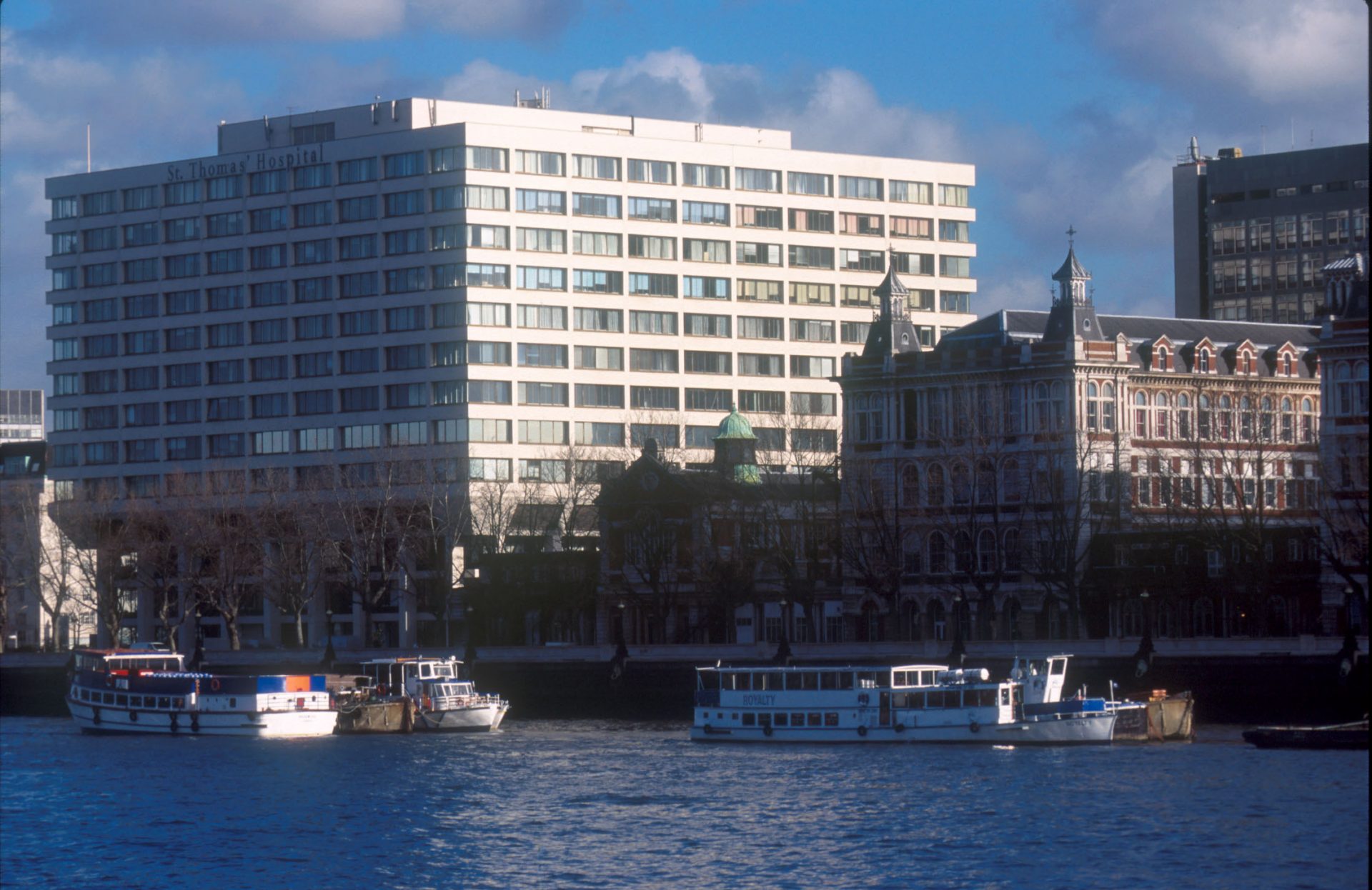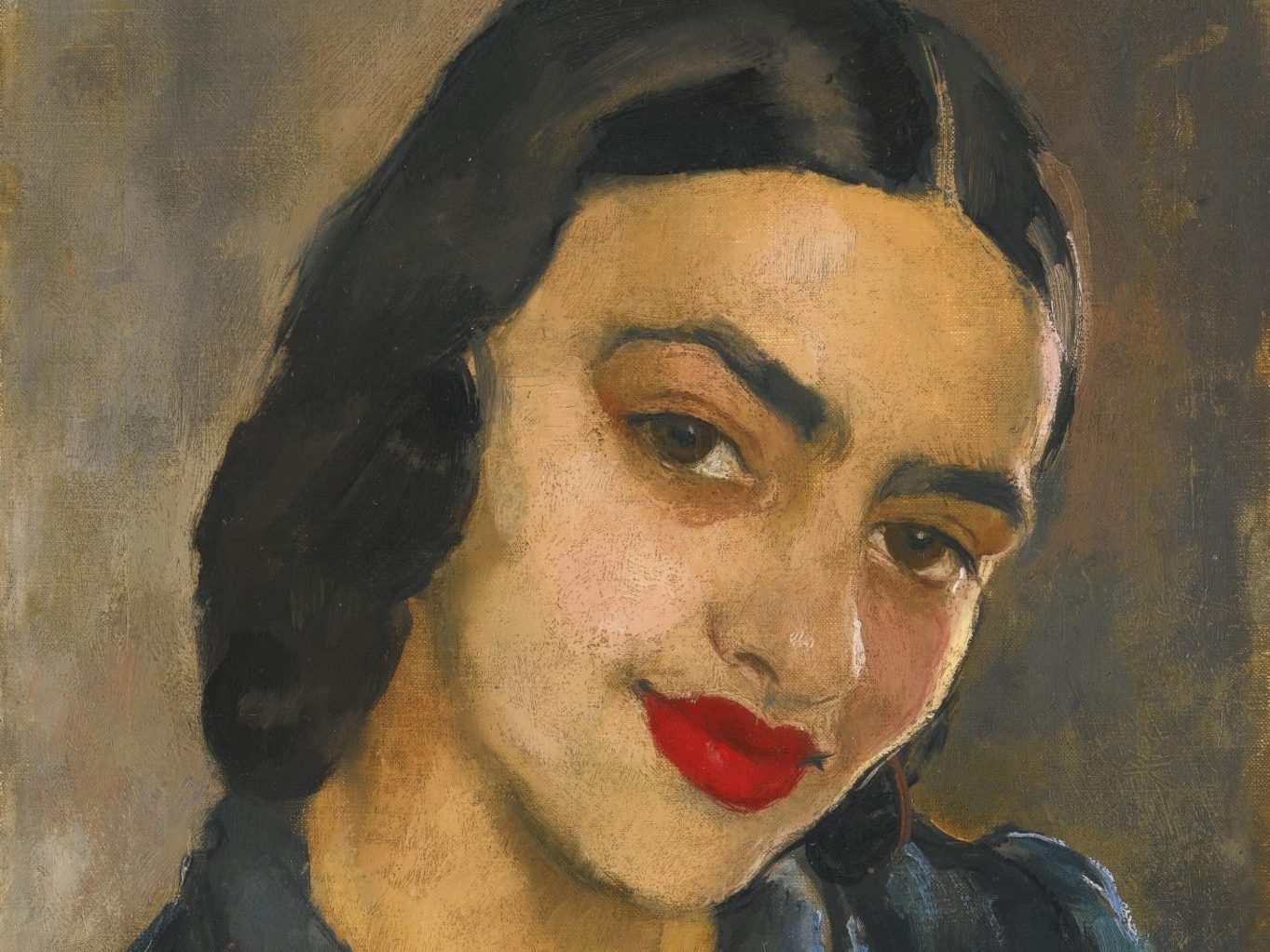Lindsay Anderson’s 1982 film, Britannia Hospital, used the eponymous facility – and by extension the NHS – as a synecdoche for contemporary Britain: all its political woes and socio-economic declivities. This being the early 1980s, ethno-culture had yet to become the commonest denominator of Britons and was thus confined to an African dictator, whose presence in the hospital is objected to by the left-wing unions, also intent on frustrating a Royal visit.
Fast-forward almost 40 years and I found myself last week in St Thomas’ Hospital with a fractured hip, contemplating how – what with Britain’s changing demography, the pandemic, and the death of the social democratic ideal – our health service, more than ever, holds up a mirror within which we can see reflected the strange state of the nation.
It helped that from my bed I had an unobstructed view of the Houses of Parliament, across the river, filling the panoramic window of the 1970s block where my surgical ward was located. (It was relevant, too, that St Thomas’ was the hospital our faithless premier had recourse to when he fell victim to the virus in March of last year.)
Against the backdrop of this Gothic fantasia – itself an expression of another cultural convulsion: the partial purging of anti-Catholicism from the body politic – my three supine days were played out with a series of encounters that couldn’t help but feel emblematic of not just the state I was in, but the one we all are.
Overall the NHS has one-in-seven staff of foreign nationality, and around 22.5% from “non-white” ethnicities (whatever that means); but obviously in Central London – as opposed, say, to East Yorkshire – these proportions are greater.
I spent the first day or so enjoying the Tower of Babel in which I found myself encysted: coming out of general anaesthesia always feels like a strange rebirth – you’ve been corpse-like on the operating slab, yet here you are, risen and chatting away with a doctor of Sri Lankan heritage, a nurse from Jamaica and a nursing auxiliary from Tunisia. And then another nurse from Jamaica, and a doctor of Trinidadian heritage, because of all the minorities, Black Britons are most disproportionately employed in the health service: twice as many, relative to their presence in the general workforce.
By some hideous caprice of Jove, I was on the same ward my son had been on, also with a leg injury, in May of this year – so I had the opportunity to see if inmate status affected my perspective.
Back then the nation was still in lockdown – visits had to be booked in advance, visitors had to don elaborate PPE and there could only be one per patient, per day.
Now two were allowed, and while signs mandated masks, no one was calling anyone out. On the contrary: the regime inside the hospital mirrored the policy outside: the first couple of days I was tested for the virus, then it stopped. It was as if it was assumed that a cordon sanitaire now existed around me just as it’s assumed to be around the entire island nation, despite the bizarrerie that until May of next year vaccination against Covid won’t be mandatory for frontline NHS staff.
This suggests a level of cultural latitudinarianism not borne out by the facts: the people who tend to us when we’re born (or give birth), and who give us succour when we die – vital functions The White British Family plc has largely sought to outsource in the past 40 very odd years – remain extraordinarily poorly treated in terms of pay and conditions. The rubric is clearly this: you mop up our shit and we’ll pay you shit but let you hang on to your wacky and primitive beliefs.
But, anyway, as the hours lengthened into days, and I was visited by more posses of medics – specialist doctors, physiotherapists, occupational physiotherapists, nurse-practitioners etc, it became clear that Anderson’s vision of a Britain, in which class and allied professional status trumped all other distinctions, remained, um, alive and kicking.
It didn’t matter whether the physiotherapist was from County Meath or Conakry, she looked like a physio, she spoke like a physio and she comported herself like a physio. The real clincher came when the big nobs – the consultant surgeon’s team – whisked through on their morning round. The surgeon who operated on me was Black British, his co-consultant was white, while their registrar was British Asian.
But they all had exactly the same bedside manner: exuding the hearty, intensely physical optimism – and the casual sense of superiority – you’d expect to witness in a victor on the playing fields of the PM’s alma mater.
Multicultural Man: In hospital
WILL SELF on his recent stay St Thomas’ Hospital and how it made him realise that the NHS mirrors the strange state of the nation.



